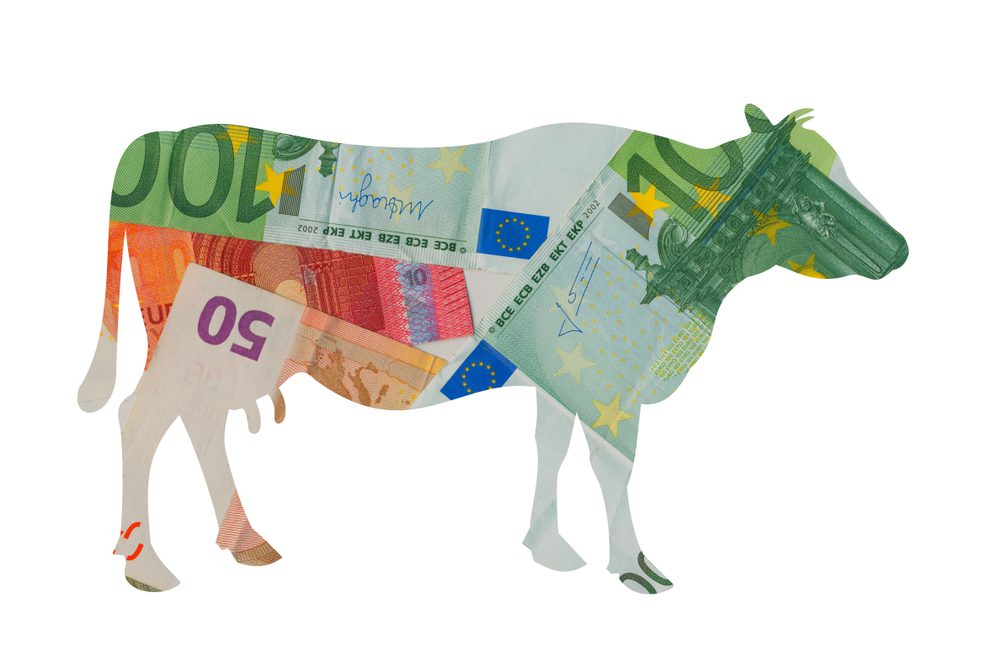Capitalisation

In accounting, сapitalisation refers to the process of expensing the costs of attaining an asset over the life of the asset, rather than the period the expense was incurred. Rather than listing the asset as an expense, the asset is added to the company’s balance sheet and depreciated over its useful life.
In finance, Capitalisation refers to the sum of a corporation’s stock, long-term debt and retained earnings. Retained earnings are the percentage of net earnings retained by the company to be reinvested in its core business or to pay off debt.
What is capitalisation in accounting?
Conventionally, in accounting, according to the matching principle, an expense should be recorded in the time period it was incurred, however, positioning the item on the balance sheet as an asset, rather than on the income statement as an expense allows to diminish the company’s expenses for the period.
This is done for items, such as larger pieces of equipment, that benefit the business operations for longer than one accounting period. These items are recorded as fixed assets (such as cars, equipment for production of goods, computers etc.) and are depreciated over their useful life. As a result, it is expensed over a period of multiple years.
What is capitalisation in finance?
In finance, capitalisation refers to the company’s capital structure. The company’s book value cost of capital:
Book value cost of capital = company’s long-term debt + stock + retained earnings
Alternatively, the value can be obtained by examining the company’s market capitalisation, which is calculated by multiplying the number of outstanding shares with the current market price of one share.
A company can be overcapitalised or undercapitalised. Undercapitalisation occurs when earnings are not enough to cover the cost of capital, such as interest payments to bondholders or dividend payments to shareholders. Overcapitalisation occurs when there’s no need for outside capital because profits are high and earnings are underestimated.









